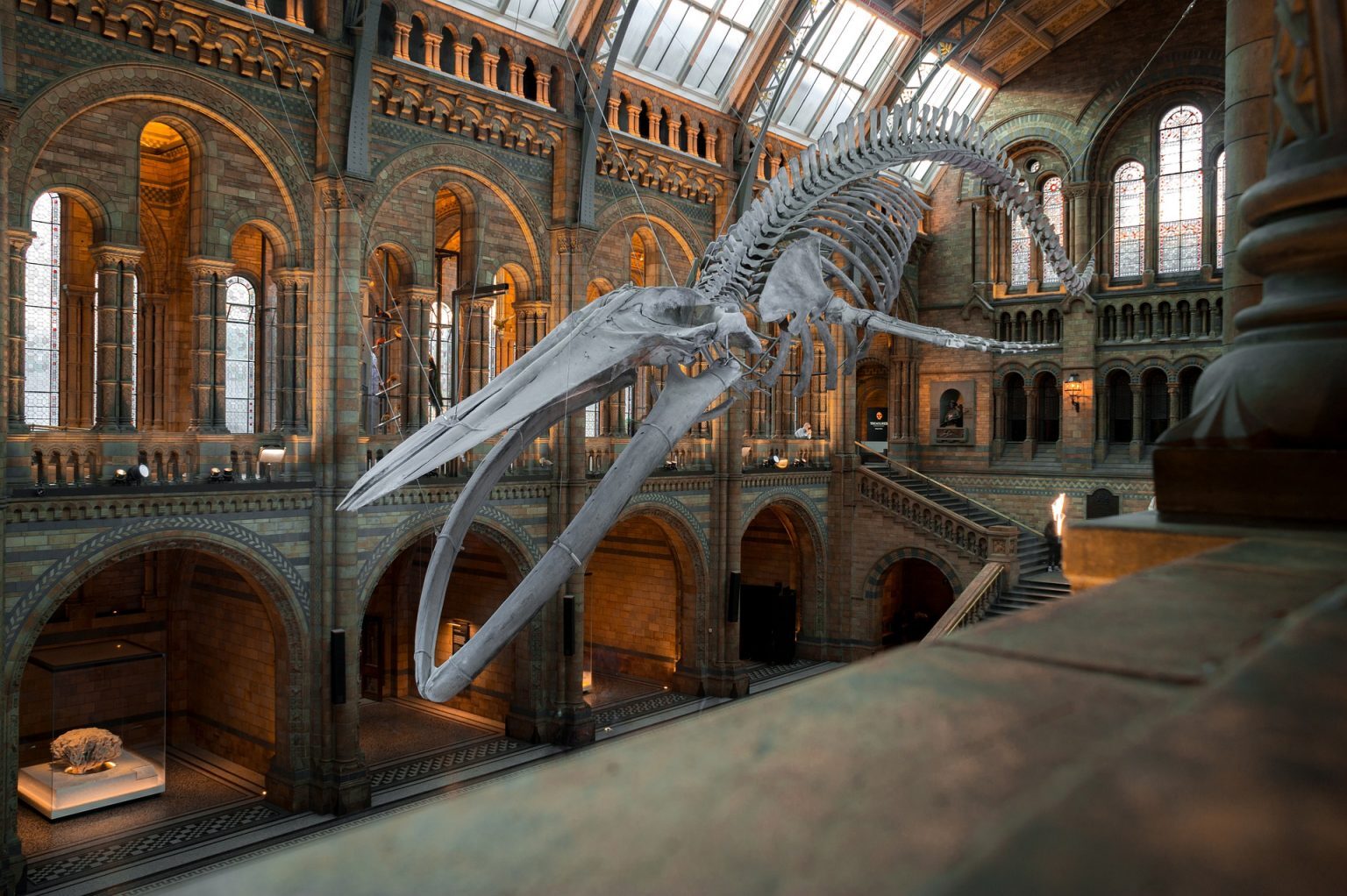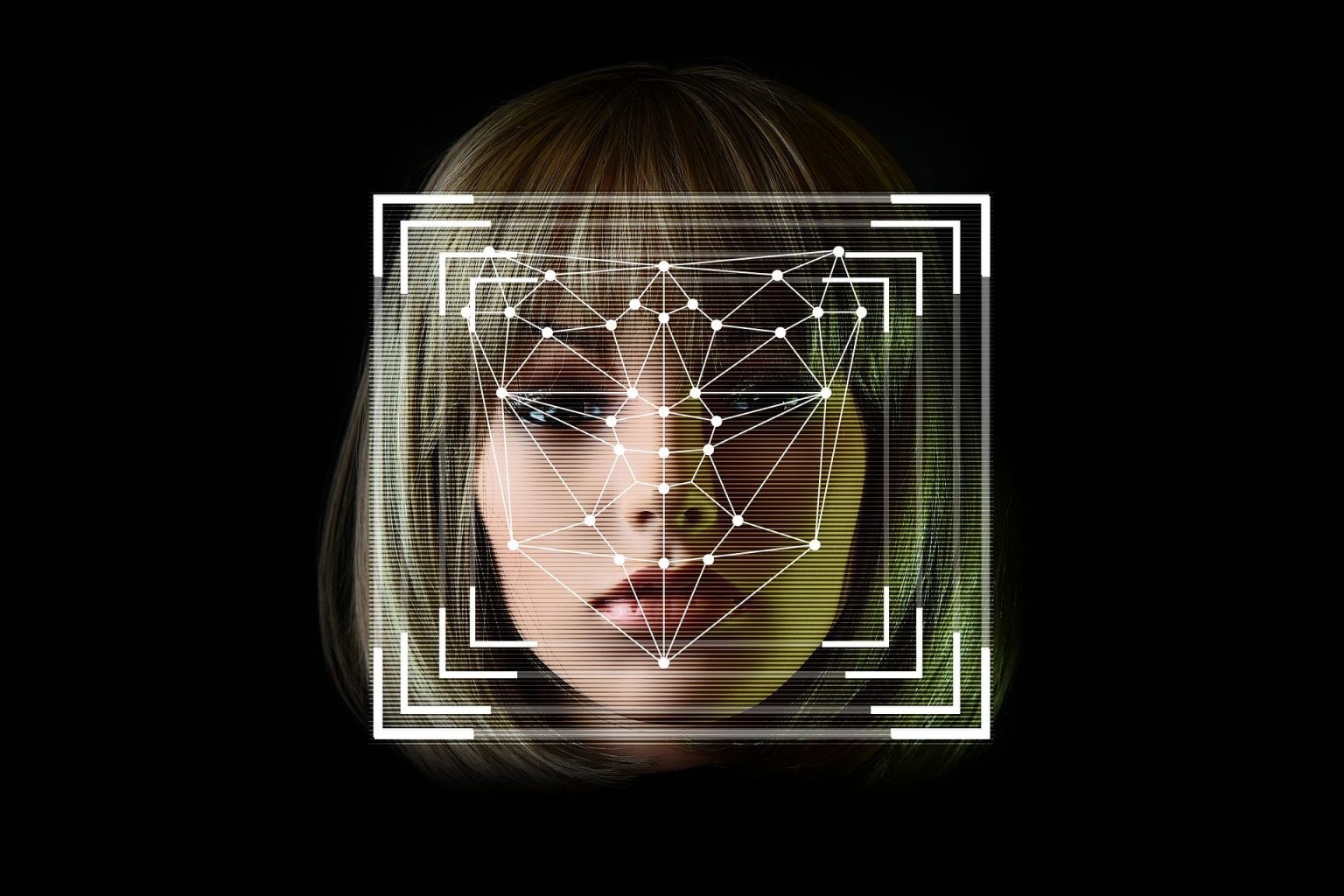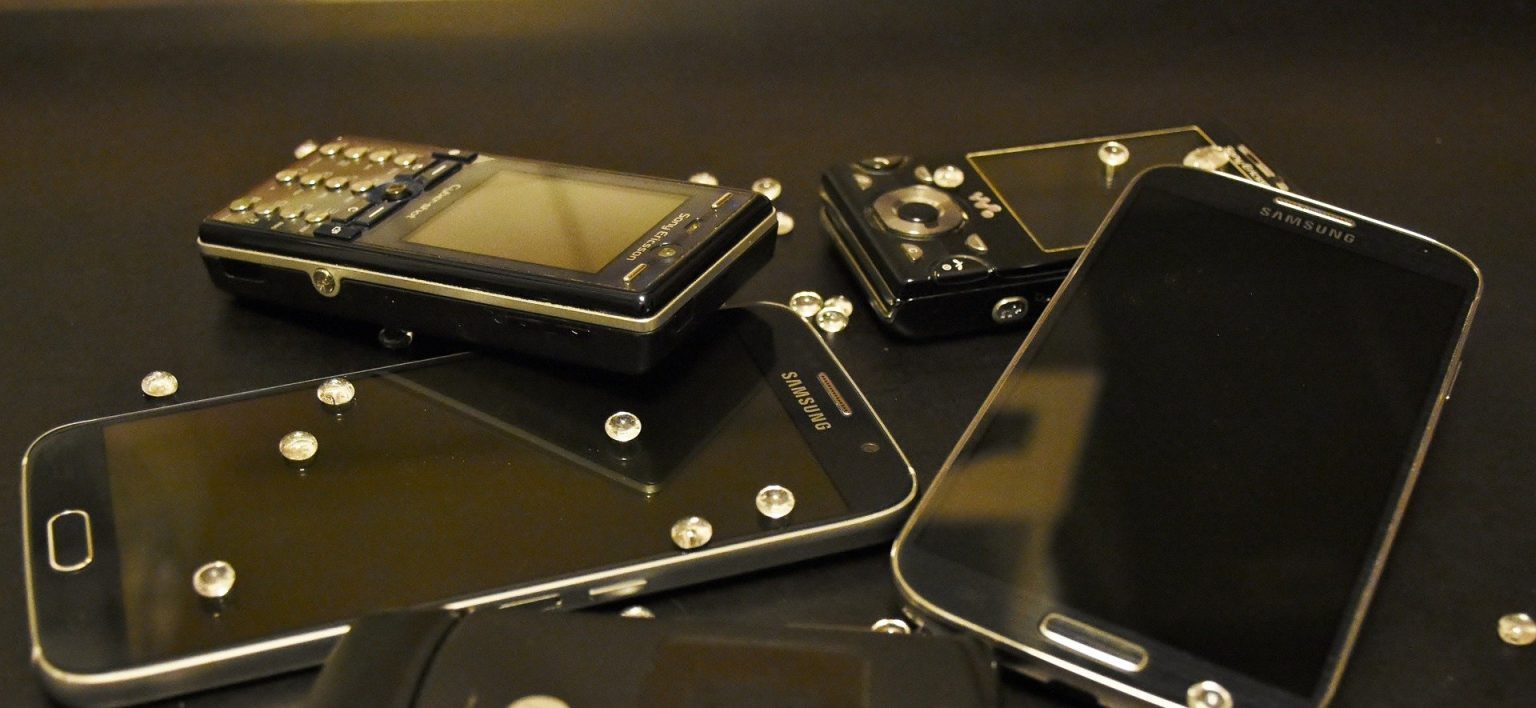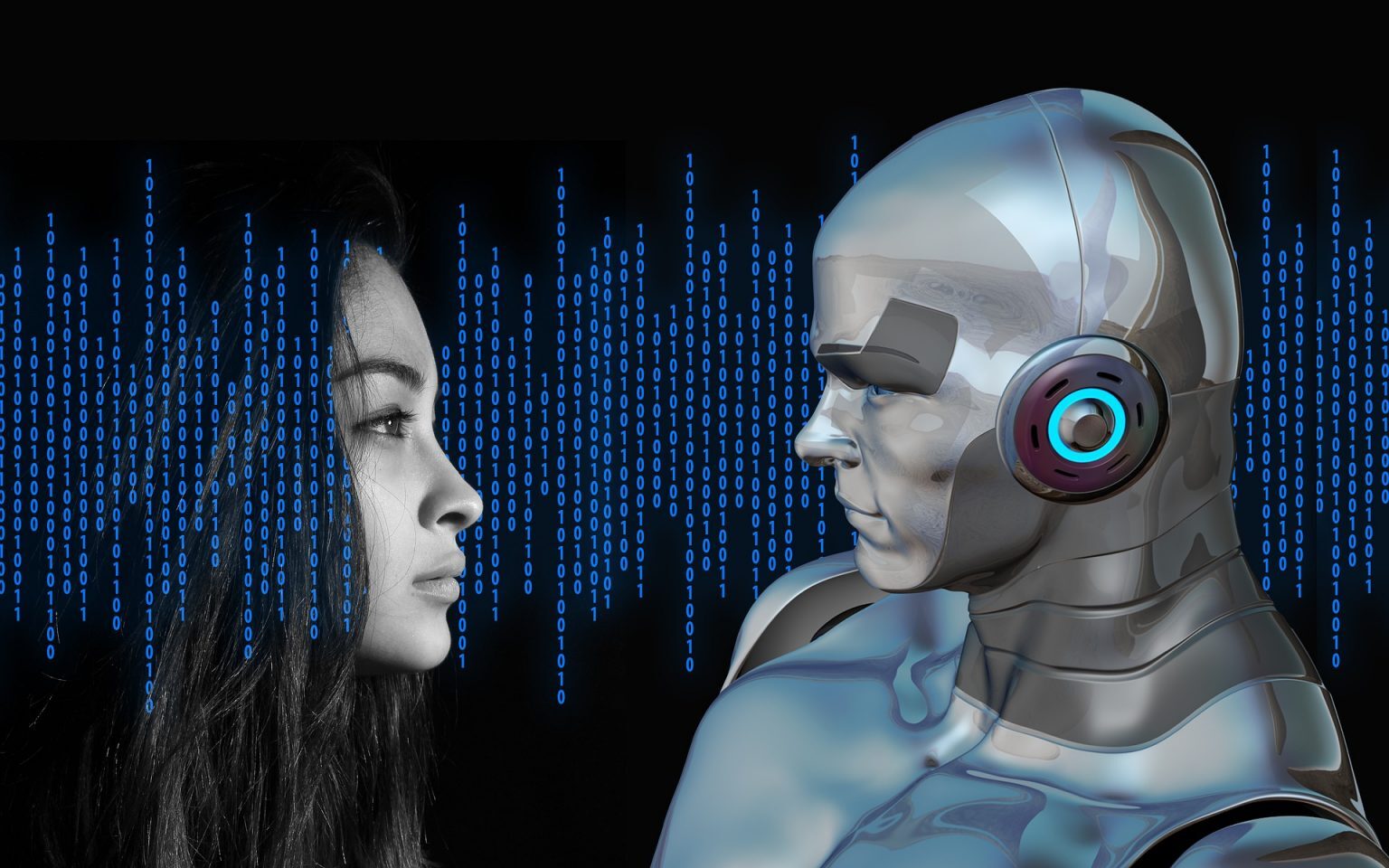Israeli company StoreDot recently announced it can now mass produce electric vehicle batteries that can be fully charged in just five minutes. “The bottleneck to extra-fast charging is no longer the battery,” claimed the firm’s chief executive. But is this fast-charging battery really a gamechanger? And if so: exactly how? Electric vehicle charging speeds are a minefield and can be tough to understand. The latest models claim peak charging rates of over 900 miles in an hour, but the average rate when charging from 10% to 80% of battery capacity is typically about half that. The last bit of the battery is…
Author: The Conversation
During a walking tour of Queensland’s Daintree rainforest in Australia, a talented guide regularly pointed out creatures that were well camouflaged into their surroundings. At one point, he directed our attention to a tree trunk, where a large grasshopper was camouflaged. The guide’s observations and stories wove together the connections between biology, geology and colonialism, helping explain how big and small changes could transform life in this ecosystem. Our society has been altered by the rapid proliferation of new technologies and devices that produce digital data. Nested within and feeding on this data ecosystem, artificial intelligence (AI) executes cognitive tasks…
For millions of children, being dragged to a museum is a singularly painful experience, marked by time standing still rather than history coming to life – as it does in the film “Night at the Museum”, starring Ben Stiller. But that all could change with the development of new “mixed reality” (MR) technology, which could inject new forms of interactive storytelling into our museums – introducing holographic tour guides and immersive digital displays in place of finger-smudged glass cabinets and faded information boards. Unlike the total immersion of virtual reality (VR), or the computer screen required for augmented reality (AR),…
The price of the world’s second largest cryptocurrency, ether, hit a new all-time high of US$1,440 (£1,050) on January 19. This breached a previous high set three years ago and gave ether a total value (market capitalisation) of US$160 billion, although it has since fallen back to around US$140 billion. Ether, which runs on a technology system known as the ethereum blockchain, is worth over ten times the price it was when it bottomed during the COVID market panic of March 2020. And the cryptocurrency is still only five years old. In part, this remarkable rise in the value is due to excess money flowing into…
Who owns your face? Of course, a silly question … right? But what about the data generated from your face? And what does it mean to have your face become data? Facial recognition is a technology you should be aware of. Already, plenty of data about millions and millions of faces exist. We have volunteered our faces in social media posts and photos stored in the cloud. But we’ve yet to determine who owns the data associated with the contours of our faces. In the age of Big Tech, we need to grapple with what expectations we can and should have about…
We’ve probably all been there. We buy some new smart gadget and when we plug it in for the first time it requires an update to work. So we end up spending hours downloading and updating before we can even play with our new toy. But what happens when we can’t update our gadgets any further? Vintage technology Every year vendors such as Apple and Google add to their list of vintage devices that no longer get operating system or security updates. For example, owners of the Pixel 2 smartphone (released by Google in 2017) were told in late 2020 they would no longer receive…
It could be argued artificial intelligence (AI) is already the indispensable tool of the 21st century. From helping doctors diagnose and treat patients to rapidly advancing new drug discoveries, it’s our trusted partner in so many ways. Now it has found its way into the once exclusively-human domain of love and relationships. With AI-systems as matchmakers, in the coming decades it may become common to date a personalised avatar. This was explored in the 2014 movie “Her”, in which a writer living in near-future Los Angeles develops affection for an AI system. The sci-fi film won an Academy Award for depicting what…
How many emails are in your inbox? If the answer is thousands, or if you often struggle to find a file on your computer among its cluttered hard drive, then you might be classed as a digital hoarder. In the physical world, hoarding disorder has been recognised as a distinct psychiatric condition among people who accumulate excessive amounts of objects to the point that it prevents them living a normal life. Now, research has begun to recognise that hoarding can be a problem in the digital world, too. A case study published in the British Medical Journal in 2015 described a 47-year-old…
An estimated one in three people report regular sleep complaints. So it’s hardly surprising people are more concerned than ever about getting enough sleep. This blossoming interest has seen an explosion of sleep trackers which measure how many hours of sleep you get each night. As we sleep, we go through cycles of “deep”, “light” and “rapid eye movement” (REM) sleep. The “deep” portion of our sleep is mainly what leaves us feeling refreshed the next day. Most sleep trackers are a watch worn on the wrist, and work by monitoring your body movements as you sleep to determine how much time…
As the pandemic forced many Americans to hunker down at home, the video game industry saw record spending and profits in 2020. Interacting with other people through gaming became, for some players, essential for social connection. As an education researcher and professor of digital literacy, I study the education benefits and perils of digital gaming. These range from providing opportunities for collaborative problem-solving to displaying content that perpetuates racism and sexism. Connection and collaboration Digital games can provide a forum for a diverse group of people to come together. That’s especially important now, while our physical locations are restricted. During the COVID-19 pandemic, for example, undergraduates…










